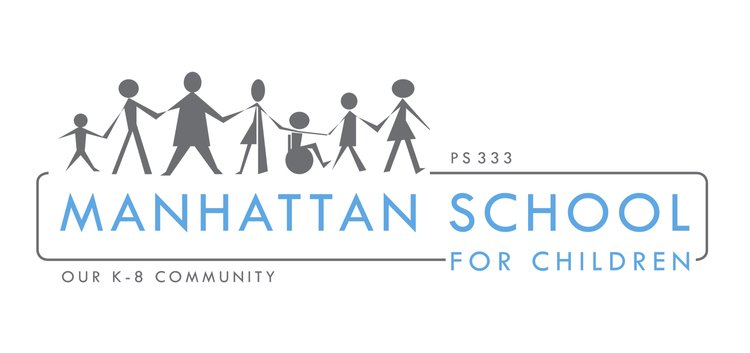Social Emotional Learning
Harmonize Kidz (Kindergarten)
Harmonize Kidz is a social-emotional program that offers a soundtrack for learning that directly aligns with the social studies core curriculum for elementary students. The rhythm, rhyme and repetition of a song, along with its musical hook, have the power to maximize learning and teach important messages. Harmonize Kidz songs are implemented in collaboration with sign language and creative lessons to meet children where they learn best.
Responsive Classroom (Grades K-5)
Responsive Classroom is a research and evidence-based approach to education that fosters safe, challenging, and joyful classrooms in schools, kindergarten through eighth grade. Responsive Classroom practices help educators become more effective in three key domains each of which enable and enrich the others.
Engaging Academics Teachers create learning tasks that are active interactive, appropriately challenging purposeful, and connected to students’ interests.
Positive Community Teachers nurture a sense of belonging, significance, and emotional safety so that students feel comfortable taking risks and working with a variety of peers.
Effective Management Teachers create a calm, orderly environment that promotes autonomy and allows students to focus on learning.
K-8 Responsive Classroom structures and practices employed in every classroom. Morning Meeting is the cornerstone of Responsive Classrooms in K-5 classrooms. In our middle school grades, students participate in Advisory meetings each morning that allow for students to connect to the teacher, our school, and to each other.
Advisory (Grades 6-8)
Using restorative practices, our middle school students begin each morning in restorative circles. The teachers act as Circle Keepers, facilitating a safe, open space for participants to share with each other. We believe this approach supports and maintains the practice of circles into the everyday life of our school community. Our goal is to establish and affirm community mindedness, build connection and community, promote social-emotional skills, support with courageous conversations, use circles for restorative discipline and developing students as leaders.
To meet the unique combination of social, emotional, physical, and intellectual needs of young adolescents, our approach offers an array of strategies designed to keep young people safe, connected, responsible, and engaged in learning. The approach is based on our research-grounded belief that healthy, enjoyable relationships are the foundation for success in school.
First Person Language
MSC families, students and staff should strive to use person-first language when referring to members of our community who have special needs. How do you use person-first language? Simply say the person’s name or use a pronoun (“he” or “she” or “they”) rather than using the disability as an adjective to describe the person. For example, no one at MSC should ever refer to a child as a “wheelchair kid.” Instead, say, “Tom uses a wheelchair.” If you don’t know a particular student’s name, say, “He uses a wheelchair.” Why is person-first language important? It places the focus on the person rather than the need, reminding everyone that human beings are defined by who they are and not by their abilities or limitations.
